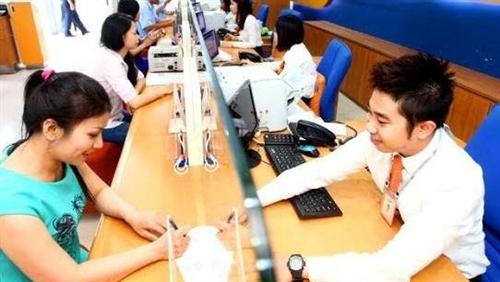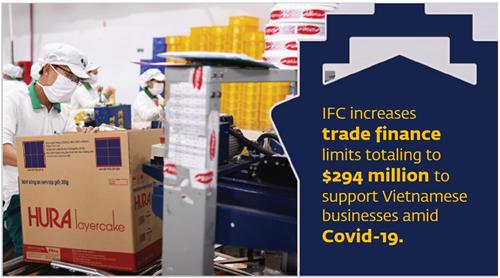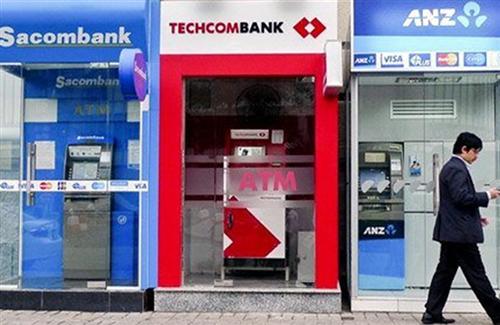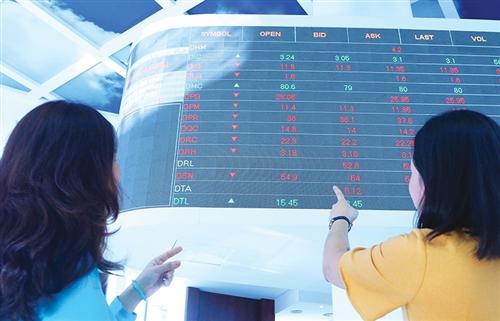SBV orders banks to cut or delay interest payments to cushion economy
SBV orders banks to cut or delay interest payments to cushion economy
Commercial banks in Vietnam will likely cut or delay interest payments on loans in a bid to cushion the domestic economy against a global slowdown amplified by the wide-spreading coronavirus contagion, following directions from the State Bank of Vietnam.
“We are going to request banks to either exempt, reduce or delay interest payments for loans as of January 23, when the government declared the epidemic,” said Nguyen Quoc Hung, head of the credit department of the State Bank of Vietnam (SBV).
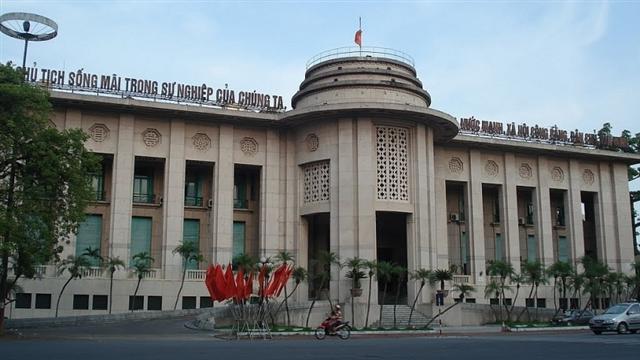
Commercial banks in Vietnam will be directed by the SBV to cut or delay interest payments. Photo: the State Bank of Vietnam
|
Previously, VIR reported on how firms which are hit particularly hard by COVID-19 could get reduced lending rates or tolerance to loans.
SBV Governor Le Minh Hung, noted that COVID-19 could have an adverse impact on market sentiment.
Market watchers seem to look to the SBV for more concrete decisions on rate cuts as virus-related risks are difficult to predict.
The central bank’s order, which is expected to be released soon, will lower interest payments on about 11 per cent of the banking system’s outstanding loans, valued at VND925 trillion ($40.22 billion), Bloomberg reported.
The order follows Prime Minister Nguyen Xuan Phuc’s directive to ministries to help businesses cope with the economic fallout from the coronavirus outbreak.
Ngo Hoai Chung, vice chairman of the Vietnam National Administration of Tourism, told VIR, “As the outbreak impacts every economic sector, the domestic tourism industry estimates a $2 billion loss a month, which means we may lose $7 billion in the first quarter of 2020.”

The SBV's order follows Prime Minister Nguyen Xuan Phuc’s directive for ministries to help businesses cope with the economic fallout from the coronavirus outbreak
|
Nevertheless, Hung of the SBV stated that the central bank is not planning any cuts in its policy interest rates at the moment due to the lower demand for lending and high ratio of liquidity at banks.
“Many businesses are struggling to survive this difficult period,” said Nguyen Quoc Hung. “So there is no need to loosen monetary policies now. But maybe later.”
Previously, Nguyen Minh Cuong, principal country economist from the Asian Development Bank, told VIR that it is quite necessary for the government to provide fiscal support for people. However, it is also important to define the nature of the support package.



